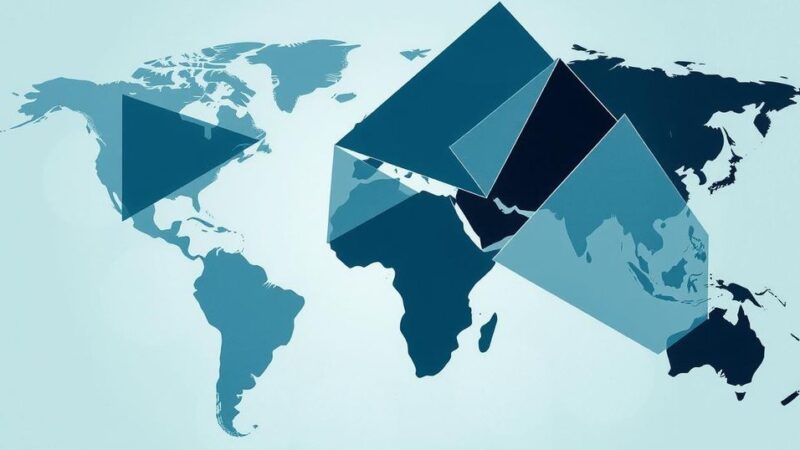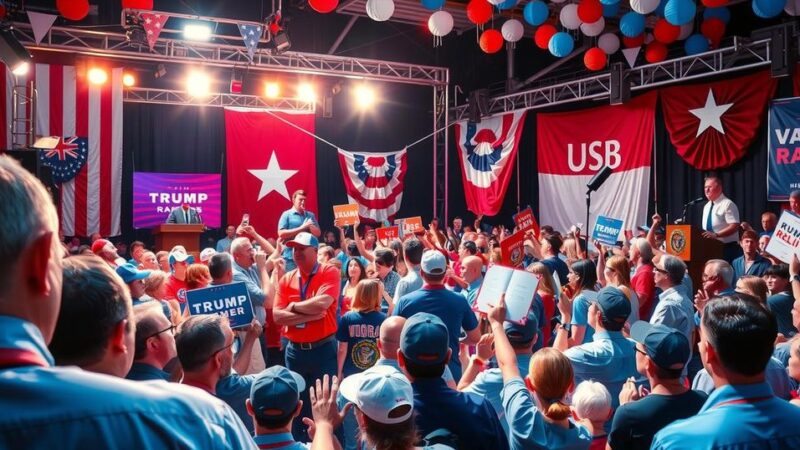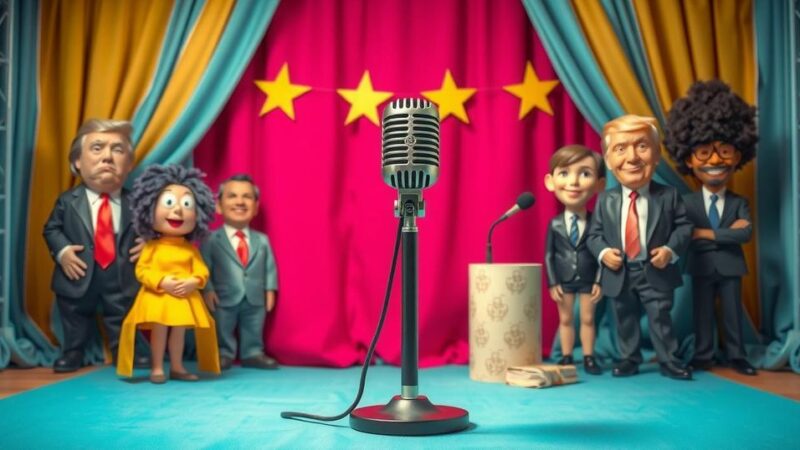Five key questions emerge about Canada’s political future.
Canada is facing a significant shift in its political landscape with Prime Minister Justin Trudeau’s announcement of his resignation. What happens next for the country raises plenty of essential questions. Trudeau’s declining support within his party and the larger electorate has culminated in this decision. Sure, he has assured Canadians he will remain in power until a successor is found, but the timing feels precarious. With Trudeau stepping down, the Liberal Party is now tasked with choosing a leader quickly while preparing for a general election that seems to be looming.
Timing of elections critical amid political upheaval.
So, when will elections actually take place? The general election was initially scheduled for October 2025, but the current turmoil is throwing that into uncertainty. Trudeau’s resignation prompted the prorogation of Parliament until March 2024, which, as rival parties have pointed out, will likely spark a vote of no confidence leading to an earlier election. Political experts suggest the new general election could occur by late March 2025, leaving the Liberal Party with a tight timeline to choose a new leader. The plans and rules governing this leadership process remain unclear, creating a palpable sense of chaos around the next steps.
Contenders for leadership face daunting challenges.
And who might step up as the next prime minister? Currently, Pierre Poilievre, the Conservative Party leader, appears to have the upper hand, leading Trudeau’s party by a staggering 24 points in the polls. He has tapped into public dissatisfaction regarding rising costs and the carbon tax with a populist approach. On the other hand, candidates like Jagmeet Singh of the New Democratic Party and potential Liberal leaders such as Chrystia Freeland or Mark Carney could shake things up. Nevertheless, whoever leads the party must restore its reputation and reconnect with an increasingly disillusioned electorate.
Foreign policy becomes pivotal in upcoming elections.
Canada’s relationship with the U.S. must also be on voters’ minds, especially considering Trump’s recent comments suggesting Canada might be better off as a U.S. state. This kind of rhetoric has only added fuel to an already charged political atmosphere. Could Trump’s stance be a disruptive factor in the upcoming elections? With the looming threat of tariffs and a shaky diplomatic future under Trump’s administration, Canadians are left wondering who among their candidates can effectively manage that relationship. Trudeau and other contenders have publicly rejected Trump’s annexation ideas, with Poilievre asserting Canada will remain independent. Yet, the deep implications of Trump’s policies cannot be overlooked as Canada braces for potentially tough economic times ahead.






